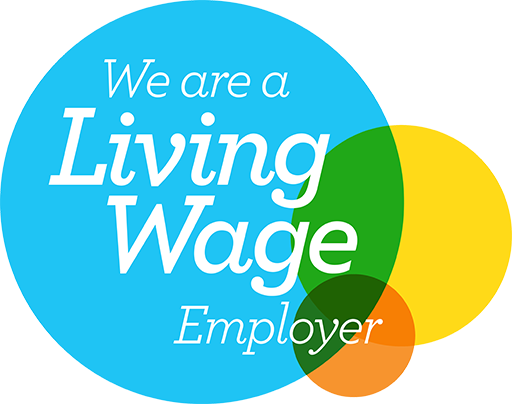Considerations for Leasing a Space
When seeking a dedicated space for your organisation, whether it’s an office, retail outlet, or storage facility, leasing a property from a private landlord is a common option. However, entering into a lease agreement is a significant commitment. Before signing, thoroughly research and consider the following factors:
Financial Implications
- Rent: Can your organisation afford the monthly rent?
- Deposit: Is an initial lump sum payment required?
- Insurance: Determine the necessary insurance coverage, including renter’s, public liability, and contents insurance.
- Maintenance: Understand your responsibilities for maintaining the space and whether there’s a clause regarding restoration to its original state at the end of the lease.
- VAT: Clarify whether the advertised rent includes VAT.
- Utility Bills: Inquire about estimated costs or potential discounts for bulk purchases. Registered charities may qualify for water rate relief.
- Landlord Costs: Be aware of any additional fees, such as legal charges for lease setup.
- Business Rates: Registered charities can apply for business rates relief, but CICs and companies limited by guarantee without charitable status are ineligible.
Lease Terms and Responsibilities
- Permitted Use: Ensure the space’s intended use aligns with your organisation’s activities.
- Alterations: Determine if internal modifications are allowed and whether they must be removed upon lease termination.
- Subleasing: Verify if subletting to other organisations is permitted.
- Tenant and Neighbour Responsibilities: Adhere to waste disposal regulations and be mindful of your impact on the surrounding area.
By carefully considering these factors, your organisation can make an informed decision when leasing a space and minimise potential challenges.


